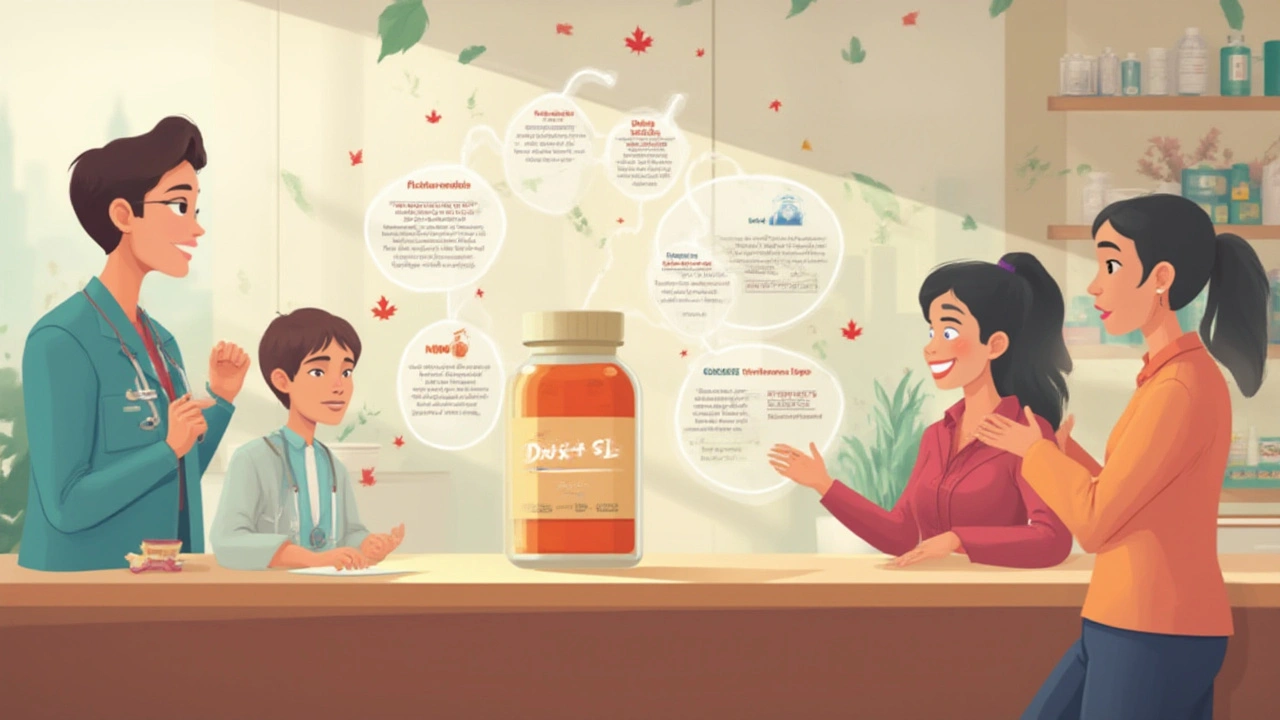Antibiotic Guide: Uses, Side Effects, Interactions & Safety Tips
Antibiotics are medicines that kill or stop bacteria from growing. They’re a go‑to for infections like strep throat, urinary tract bugs, and skin cellulitis. But they only work on bacterial infections, not viruses such as colds or flu. Using the right drug at the right time can speed up recovery and keep you from spreading germs.
When antibiotics are appropriate
Before you grab an antibiotic, ask yourself three things: Is the infection bacterial? Is it severe enough to need a prescription? Can a doctor confirm the diagnosis? Common bacterial illnesses that usually need antibiotics include:
- Pneumonia caused by bacteria
- Strep throat
- Ear infections (middle ear)
- Skin infections with pus or redness
- Urinary tract infections
If you have a viral illness, antibiotics won’t help and may cause unnecessary side effects. When in doubt, see a healthcare professional for a proper test.
Common side effects and interactions
Most people tolerate antibiotics well, but you might notice stomach upset, diarrhea, or a mild rash. In rare cases, antibiotics can trigger serious reactions like allergic shock or Clostridioides difficile infection, which causes severe diarrhea.
Drug interactions are another big concern. For example, taking ampicillin with oral contraceptives can lower birth‑control effectiveness. Fluoroquinolones (like ciprofloxacin) can boost the effect of blood thinners, increasing bleeding risk. Always tell your doctor about every medication, supplement, or herbal product you use.
Here are a few quick safety tips:
- Finish the full course, even if you feel better early.
- Never share antibiotics with family or friends.
- Store them as directed – most need a cool, dry place.
- Report any rash, fever, or persistent diarrhea to your doctor.
Following these steps helps prevent antibiotic resistance, where bacteria learn to survive even strong drugs. Resistant infections are harder, longer, and more expensive to treat.
In short, antibiotics are powerful tools when used correctly. Know the signs of a bacterial infection, follow the prescription exactly, and stay alert for side effects or drug clashes. Doing so protects your health and keeps these medicines working for everyone.
- August 10 2025
- 12 Comments
- Colin Winthrop
Minocin: Uses, Side Effects, and What to Know Before Starting This Antibiotic
Get the lowdown on Minocin, the go-to antibiotic for acne and other infections. Learn how it works, its side effects, and doctors' real tips for safer use.
- July 15 2025
- 5 Comments
- Colin Winthrop
Doxt-SL: Essential Guide to Doxycycline Hydrochloride Use, Effects, and Safety
Unpack everything you need to know about Doxt-SL – how it works, side effects, tips for safe use, and real data worth your time. Get facts you won’t find on the box.
- February 2026 (12)
- January 2026 (29)
- December 2025 (29)
- November 2025 (19)
- October 2025 (30)
- September 2025 (14)
- August 2025 (7)
- July 2025 (26)
Archives
- online pharmacy
- side effects
- generic drugs
- pharmacy guide
- antibiotics
- safe online pharmacy
- drug safety
- drug interactions
- statin side effects
- ED medication
- acne treatment
- antibiotic
- medication interactions
- hyaluronic acid supplement
- skin hydration
- Sildenafil
- alternatives
- weight gain
- allergy treatment
- medication side effects

